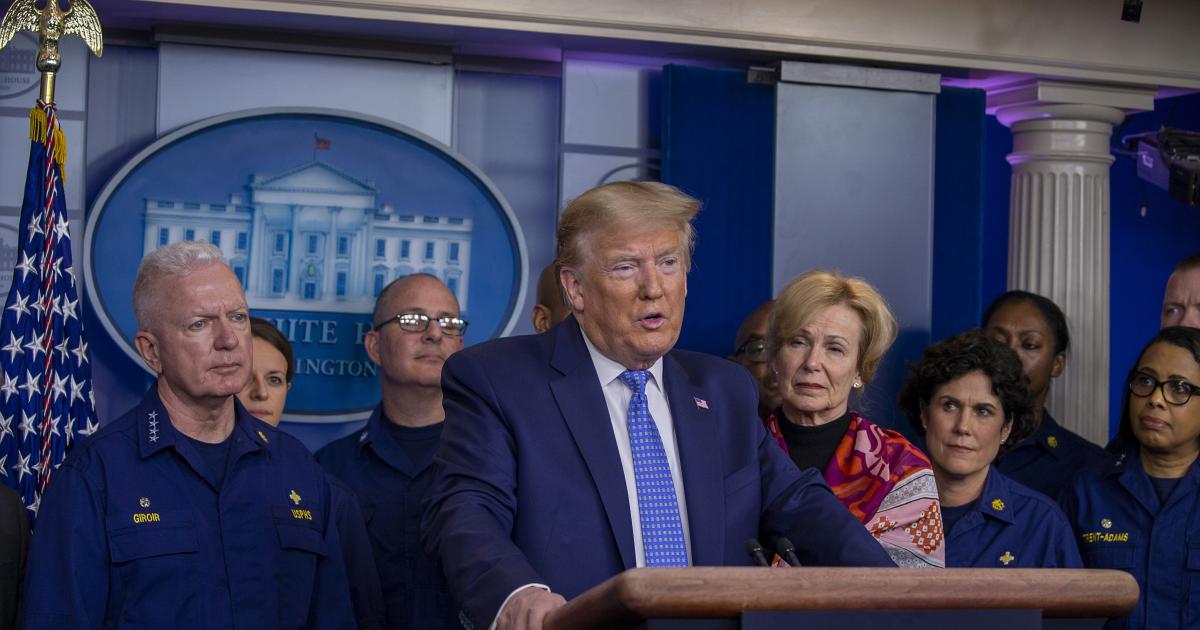Next to war powers, economic powers might sound benign, but they are among the president’s most potent legal weapons. All but two of the emergency declarations in effect today were issued under the International Emergency Economic Powers Act, or ieepa. Passed in 1977, the law allows the president to declare a national emergency “to deal with any unusual and extraordinary threat”—to national security, foreign policy, or the economy—that “has its source in whole or substantial part outside the United States.” The president can then order a range of economic actions to address the threat, including freezing assets and blocking financial transactions in which any foreign nation or foreign national has an interest.
In the late 1970s and ’80s, presidents used the law primarily to impose sanctions against other nations, including Iran, Nicaragua, South Africa, Libya, and Panama. Then, in 1983, when Congress failed to renew a law authorizing the Commerce Department to control certain exports, President Ronald Reagan declared a national emergency in order to assume that control under ieepa. Subsequent presidents followed his example, transferring export control from Congress to the White House. President Bill Clinton expanded ieepa’s usage by targeting not just foreign governments but foreign political parties, terrorist organizations, and suspected narcotics traffickers.
President George W. Bush took matters a giant step further after 9/11. His Executive Order 13224 prohibited transactions not just with any suspected foreign terrorists, but with any foreigner or any U.S. citizen suspected of providing them with support. Once a person is “designated” under the order, no American can legally give him a job, rent him an apartment, provide him with medical services, or even sell him a loaf of bread unless the government grants a license to allow the transaction. The patriot Act gave the order more muscle, allowing the government to trigger these consequences merely by opening an investigation into whether a person or group should be designated.

thehill.com

